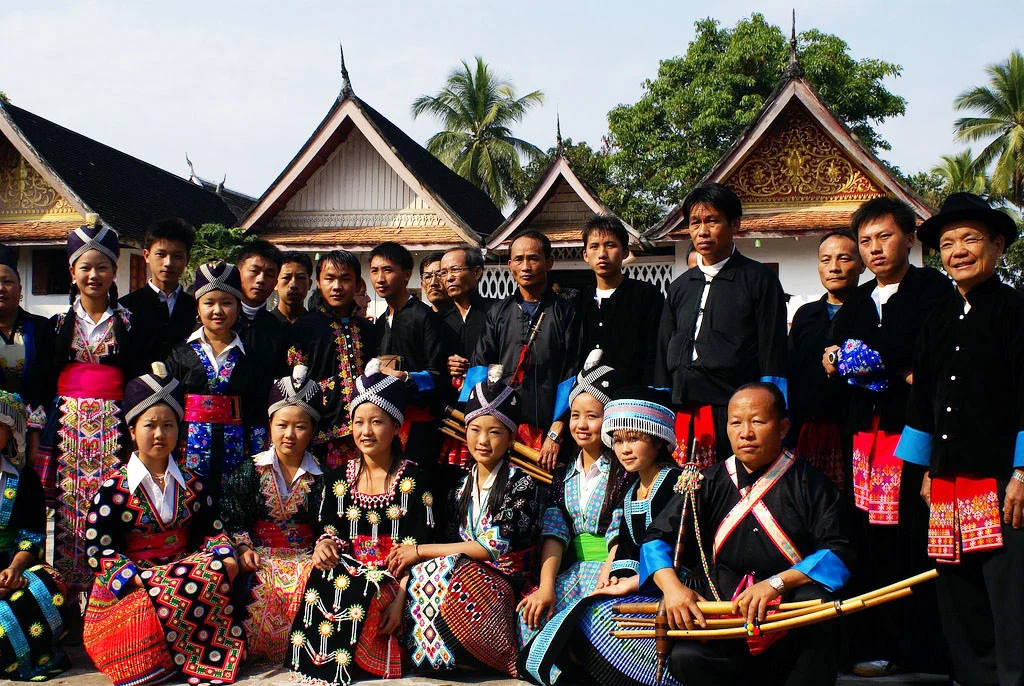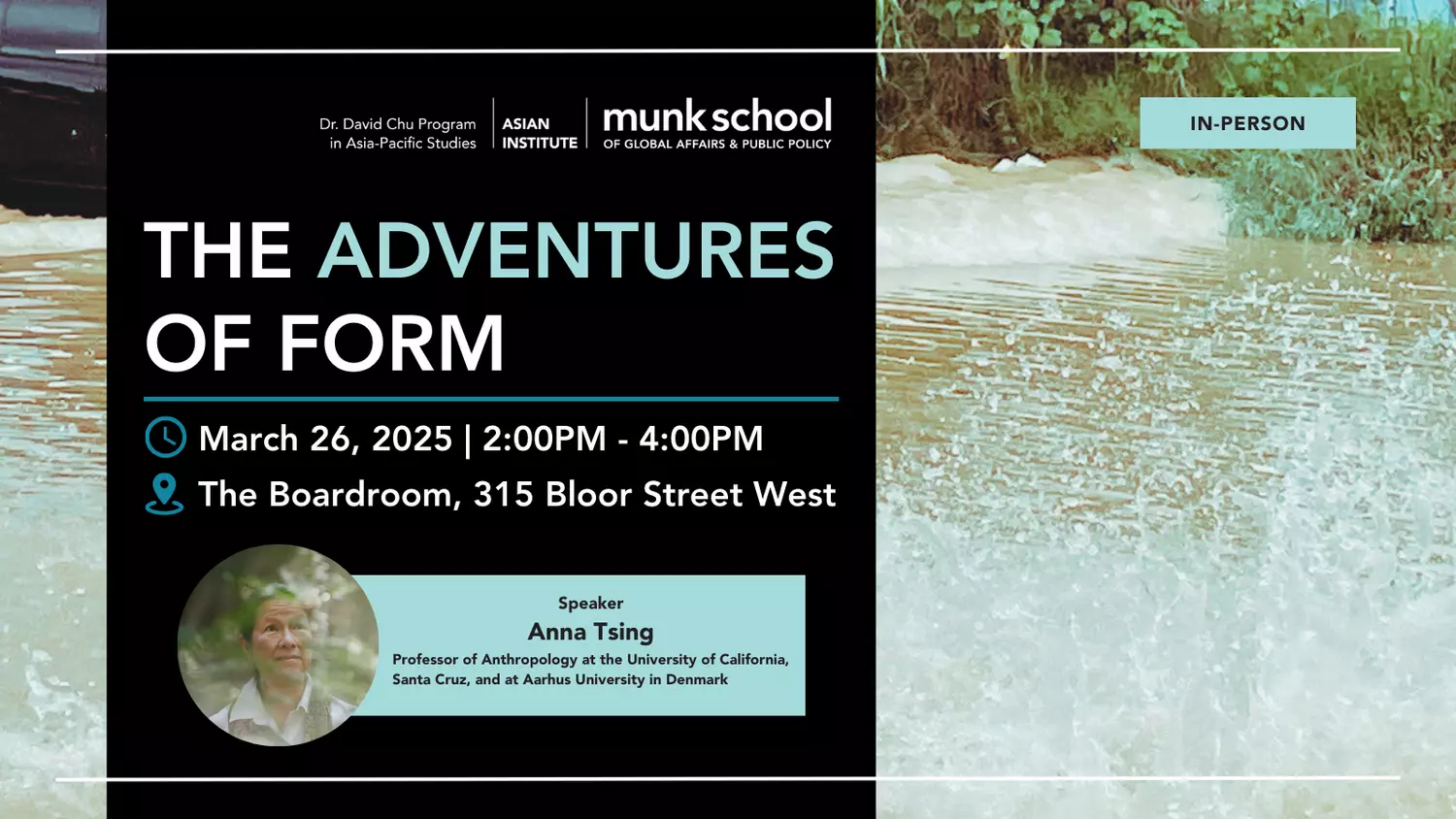On July 18th, 2018, the BRICS Research Group hosted a panel discussion titled “From Qingdao to Johannesburg: China-Russia Cooperation and International Summitry in An Age of Uncertainty” at the Munk School of Global Affairs, generously sponsored by the Asian Institute. The event hosted several distinguished speakers, including H.E. Mr. Lu Shaye, Chinese Ambassador to Canada, and H.E. Mr. Vladimir Proskuryakov, the Charge d’Affaires of the Russian Embassy. The panel was also joined by Dr. John Dirks from University of Toronto, Professor Andrew Cooper from University of Waterloo, and Professor Zhu Jiejin from Fudan University.
This event was centered on the topic of China-Russia cooperation in global governance leading up to the 2018 BRICS Summit in Johannesburg on July 25-27th. The context of the discussion was built upon recent G7 and Shanghai Cooperation Organization (SCO) summits, in which global uncertainty was a notable part of both summit agendas and themes. To open the event, Dr. John Dirks, a lecturer and historical researcher at Trinity College, delivered welcoming remarks on behalf of Professor John Kirton, the Director of the Global Governance Research Groups at the Munk School. The panel discussion officially began after student analysts from the BRICS Research Group briefly introduced their work, and presented the conclusions of their assessments with regards to China and Russia’s compliance to commitments made at the 2017 Xiamen BRICS summit.
At the panel discussion, H.E. Mr. Lu Shaye addressed a wide range of issue areas. He discussed China’s views on how to build and strengthen international cooperation in an age when unprecedented changes and instabilities are facing the global community. He emphasized the role of the SCO and BRICS summitries, as well as China’s emerging role in global governance. His Excellency also noted that it is important to overcome cultural misunderstandings and follow the principles of discussion and cooperation in diplomatic conduct. He stressed that China and Canada share the same stance in light of recent trade wars, one that views protectionism and isolation as not only undermining the interests of China and the United States, but also of other countries involved in an era of prevailing economic globalization.
On the other hand, H.E. Mr. Vladimir Proskuryakov from the Russian embassy in Canada discussed Russia’s efforts to maintain peace and stability after the dissolution of the Soviet Union. He stressed the importance of China-Russia relations and compliance with rules of the international system, also suggesting that Russia remains open to embracing cooperation. In Russia’s view, destabilizing factors in global governance fueled by President Donald Trump’s administration is a shared concern to all states striving to maintain international multilateralism.
Following Mr. Proskuryakov’s remarks, Professor Andrew Cooper made a short presentation entitled “Reflections on the BRICS: with Respect to the Upcoming 10th Summit”. Professor Cooper is a Professor of Political Science at the University of Waterloo and Associate Senior Fellow at the Centre for Global Cooperation Research. Professor Cooper provided his perspectives regarding the distribution of leadership within BRICS. He also raised interesting questions about the organization’s future, notably regarding prospects of the group’s reinforced solidarity against Trump’s trade war and the possibility of an open-ended membership in BRICS.
The subsequent Q&A session featured several questions directed to Ambassador Lu regarding China’s position on economic development, territorial disputes, and in particular, the country’s current trade war with the United States. In response, the Chinese representative claimed legitimacy in the South China Sea, dating back to China’s long-standing history in the region. Ambassador Lu also emphasized that multilateralism is the core of Chinese foreign policy. To conclude the panel discussion, Professor Zhu Jiejin, a faculty member at the International Studies at the School of International Relations and Public Affairs at Fudan University in China, highlighted the keywords of “dialogue and conversation” as important diplomatic approaches to the complex global status quo. He commented on the importance of maintaining a rule-based international and trade order, building positive and constructive relationships, and most importantly, upholding the mission of institution-building which grounds the mandate of global governance institutions such as BRICS.
Nina Zhou studied History and East Asian Studies at the University of Toronto. She is currently serving as an Event Reporter for the Synergy Journal of Contemporary Asian Studies.
Please kindly note that the views expressed in this piece and in all event reports published in Synergy represent the opinions of the speaker(s). The views expressed do not necessarily represent the position of the author(s) or of the Synergy Journal of Contemporary Asian Studies.








